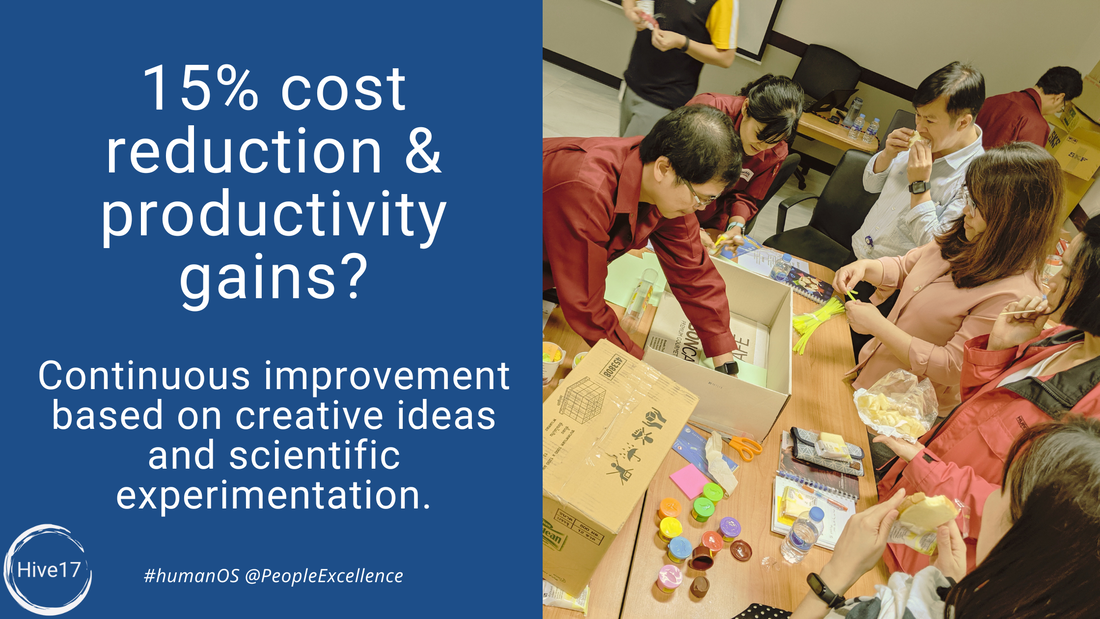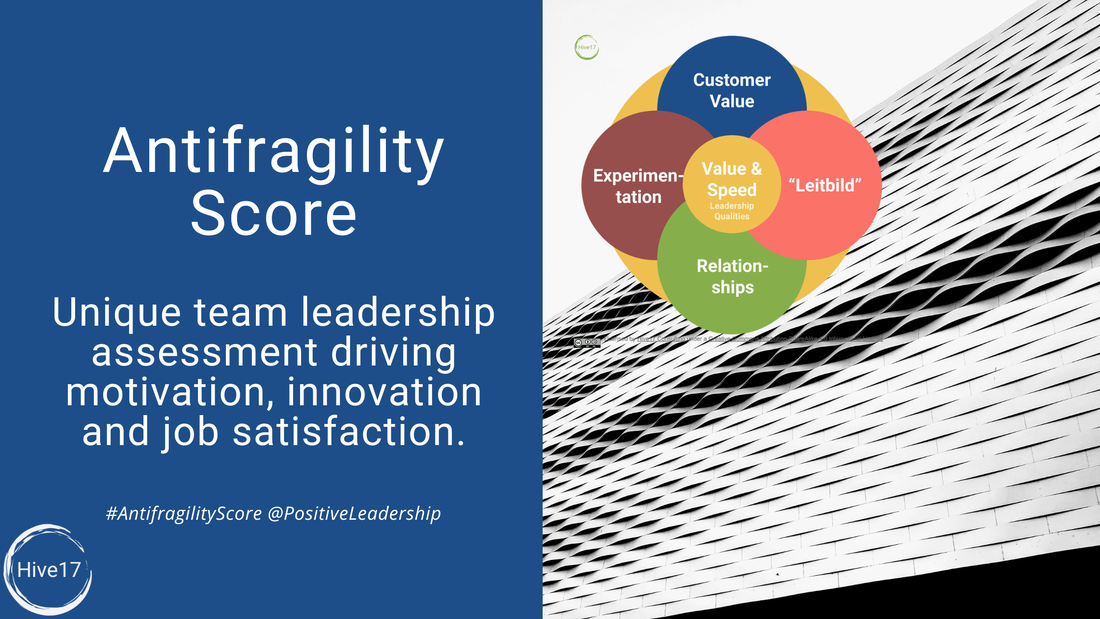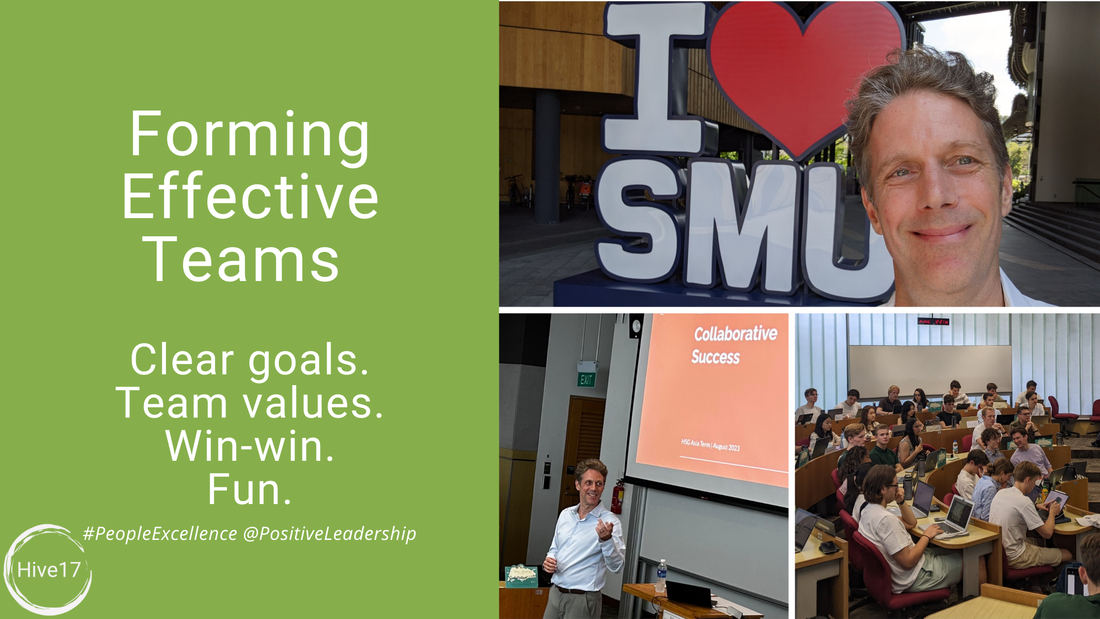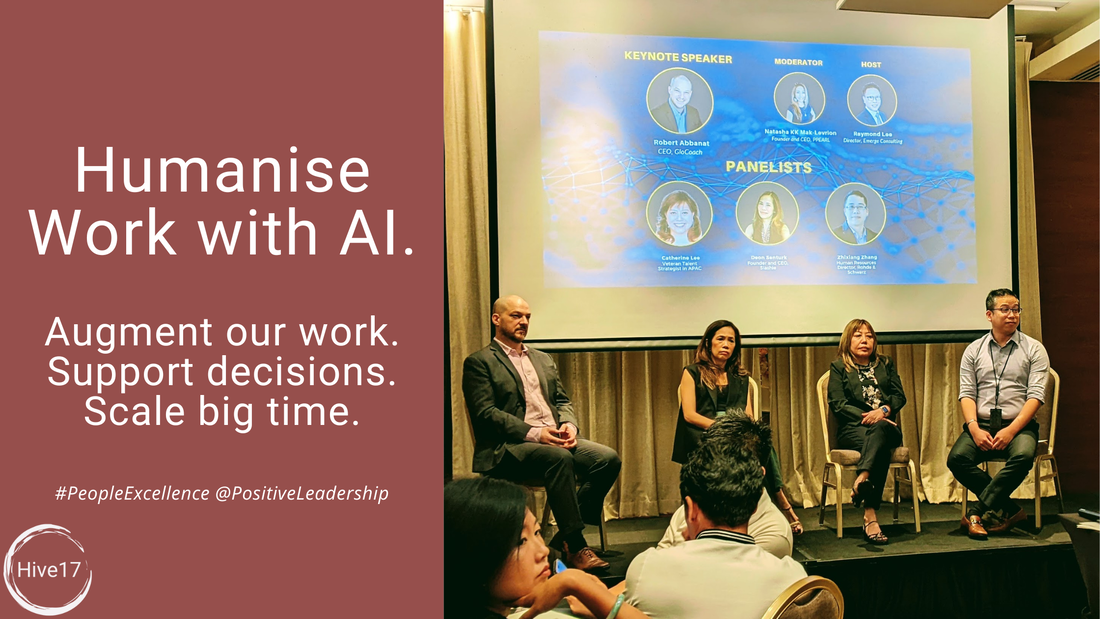|
One year ago, I shared an amazing book on my reading list about how we need to embrace and shape our future in light of Climate Change (read here). One theme I picked up were airships. Flying around with jet engines (powered by fossil fuel or otherwise) might not be enough to clean our Earth's atmosphere. We might need to change away from them.
And here we go - the exciting news this month was a new project by Bertrand Picard to circumvent the globe in an airship. These can stay in the air for months on end, generate energy autonomously, and can be spacious and comfortable (for the longer journey from A to B). And, Euro Airships are not the only ones working on Airships. Flying Whales (thank you for sharing, Jeremy) are using the floating monsters to transport heavy goods over long distances. The question is: how much would you appreciate a 3-day journey from Singapore to Zurich? In the end, this requires a bit of planning and can be very pleasurable. How can we direct more funding and finances into this future of long-range transport? Sources solar and hydrogen-powered aircraft will fly around the world for 20 days without stopping; designboom, Sep 2023 Flying Whales
0 Comments
Are you looking for ways to boost your productivity and control your costs? The Hive17 Human Operating System is designed to enable teams to give their best and one of the key elements is innovation.
At Hive17 we often observe that medium-sized organisations have limited resources and may be stuck in traditional ways of thinking. Hive17 can help you to overcome these barriers and build a culture for effective continuous improvement within your organisation. Here is how this might work. Let's say that you are looking to improve your efficiency in your operations. We would start with the right mindset and approach to identify creative ideas. This requires a deep understanding of the problem by involving the right people and enabling everyone to express and appreciate new ideas - as many as possible. After that, we would test these ideas using a scientific approach to stimulate trial & learning. We will help you to set up a clear hypothesis, collecting the right data, and analysing the results carefully with an open and curious mind. As a result, you can expect to see within a few months a 15% cost reduction and productivity gain. The new culture will also enable you drive quality and create a future-proof business that is able to thrive in any market. What are the two most important and sought after leadership skills in Asia? Based on the research of GloCoach, they identified the two following skills:
From our practice at Hive17 we can only underline the value of these two leadership skills in order to bring positive change within your organisation. And we observe that many leaders struggle to apply these skills on a consistent basis. How fragile are your leadership skills? How well do you understand the qualities to successfully lead a team? And, how confident are you to implement these leadership skills in your daily work? Here is the solution: Hive17's Antifragility Score is assessing your teams leadership qualities with a unique focus on teams and how to enable them to give their best. This assessment includes:
Accelerate the engagement in your team which leads to improved innovation, productivity and retention. Your individual antifragility score is for free! Every year, my Alma Mater brings about 70 students from St.Gallen to Singapore for an exchange semester - undoubtedly an unforgettable and important experience. As part of their program, they conduct a consulting project with their peers at SMU. Over the years, we observed one key ingredient for successful projects: effective collaboration within the teams.
This year I had the honour again to introduce how to form effective teams in a short period of time. I feel it is always so insightful and a great learning experience for me to work together with students. Absorbing their curiosity and insightful point of view. Here are the key steps we covered in the 90 minutes session. Start with a win-win attitude. When we are entering a meeting, negotiating or selling our products, how often do you observe that one party wants the opponent to lose out? We can only achieve maximum synergy if we consider the win of the other party and have the courage to stand for our win as well. Effective teamwork happens when we enable all team members to give their best. This requires clear, common goals, shared leadership, a desire to deliver high quality, quick decision-making, and a high level of energy. And let's not forget that the work environment strengthens the mutual trust. Shared values are the basis of team principles. These will provide guidance on how the team wants to work together and also establishes boundaries. The team principles also include ways how we get to know each other better and build social connections. Conflict will arise and effective teams are not good at avoiding conflict - they are good at conflict management. First step: deflate emotions. When we are super excited or very angry - in any case, we won't be able to think rationally and create solutions that resolve the conflict. What are your key ingredients for effective teams? This might be one of my rare posts about AI. Yesterday, I was invited by our partner GloCoach to an event to talk about "AI and Organisational Success". Here were some of the proposed questions: Will AI replace our workforce? Or rather, when will AI replace our workforce? And the questions then continued: how will AI replace people? With whom will they be collaborating?
The discussion elaborated that, as any other tech tool, AI will support us humans. The algorithms will fulfil tasks which we are struggling with, for example big data analysis. The automation will allow us to offload mundane and repetitive tasks and to focus on the more value-creating tasks. We humans will (should) always be in control and make the decisions. Automation - as it has been shown in the past with the agricultural, industrial revolutions and photography - will allow us to scale and to provide solutions to 10'000 times more people than we were able before automation. As was discussed during the event, this means that high-level coaching solutions can be provided to a much much wider audience, while the current coachees might still prefer (and able to afford) to be coached by a human (augmented by AI). Here is another idea that came up during the conversations I want to share here. How can we improve business processes with AI? Here we are often in a dilemma... On the one hand, we want to have consistent processes because this will allow efficiency. On the other hand, we are faced with exceptions that don't follow the norm and we need to 'bend' these rules. I am a proponent to switch from 'rules' to 'principles', because principles allow you to understand the underlying reason why we do things and provide us with flexibility which enables us to focus on effectiveness. AI can help here to combine on the one hand the underlying rules of a process with on the other hand specific data about the individual person or item that goes through that process. As a result, we are able to scale individualised iterations of the business process that are more accurate and are at the same time efficient and effective. Examples are individual leave application procedures, 3-D printed items, last-mile package delivery, etc. Where do you see the future of artificial intelligence in your life? |
Subscribe
Receive our monthly themed summaries of our thoughts: click! TimTim is a change practitioner in the area of innovation and excellence. He is working with teams to accelerate innovation, collaboration and agility. Categories
All
Archives
July 2024
|






 RSS Feed
RSS Feed